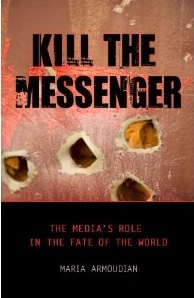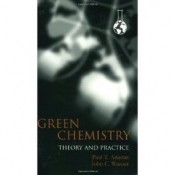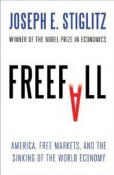Q&A: MARIA ARMOUDIAN, Journalist/Radio Host
Written on August 12th, 2011 |
Aired 08/08/11
KILL THE MESSENGER emerged from MARIA ARMOUDIAN's studies into the causes of genocide, war, peacemaking, democratization, and the protection of human rights and the environment, while she was working on her Ph.D. at the University of Southern California, as well as during her work as a broadcast journalist and public official. Looking across conflicts and policy successes and failures, she found that media (and media professionals) were among key factors in determining political outcomes, including matters of life and death.
Written in five parts, KILL THE MESSENGER shows how media fomented rage and genocide in Rwanda, the Holocaust and the Bosnian war; how they helped bring peace in the Northern Ireland Conflict and the war in Burundi; how media contributed to democratization and the protection of human rights in South Africa, Taiwan, Mexico, and Senegal, and how they aided both the destruction and rebuilding of democracy in Chile. In its final case study, Kill the Messenger explores the media's role in the fate of the world, as journalists disentangle the issue of climate change for the public.
The book's forward was written by Tom Hayden.
Q&A: John Warner/Paul Anastas – founders Green Chemistry and co-authors of Green Chemistry
Written on November 23rd, 2010 |
Aired 11/21/10
JOHN WARNER and Paul Anastas are the founders of green chemistry and co-authors of Green Chemistry: Theory and Practice, in which, they establish 12 guiding principles for chemists. In 1996 Warner left a lucrative job at Polaroid to found the nation's first doctoral program in green chemistry, and in 2007 he founded Warner Babcock Institute for Green Chemistry, an innovation incubator, in Wilmington, Mass.
Green Chemistry is a revolutionary approach to the way that products are made; it is a science that aims to reduce or eliminate the use and/or generation of hazardous substances in the design phase of materials development. It requires an inventive and interdisciplinary view of material and product design. Green Chemistry follows the principle that it is better to consider waste prevention options during the design and development phase than to dispose or treat waste after a process or material has been developed.
Q&A: JOSEPH STIGLITZ – Nobel Peace Prize (Economics) & Author – Free Fall
Written on March 10th, 2010 |
Aired 03/07/10
JOSEPH STIGLITZ became a full professor at Yale in 1970 at the age of 27, and in 1979 was awarded the John Bates Clark Award, as the economist under 40 who had made the most significant contribution to the field. He has taught at Princeton, Stanford, MIT and Oxford, and is now University Professor at Columbia University, Chair of Columbia's Committee on Global Thought, and co-founder and Executive Director of the Initiative for Policy Dialogue.
Stiglitz was a member and chairman of the Council of Economic Advisers during the Clinton administration, and later Chief Economist and Senior Vice-President of the World Bank. In 2001, he was awarded the Nobel Prize in economics and he was a lead author of the 1995 Report of the Intergovernmental Panel on Climate Change, which shared the 2007 Nobel Peace Prize.
JOSEPH STIGLITZ is the author of, among other books, Globalization and Its Discontents, Fair Trade for All, Making Globalization Work, The Three Trillion Dollar War: The True Cost of the Iraq Conflict, with Linda Bilmes, and his newest, Freefall: America, Free Markets, and the Sinking of the World Economy.
